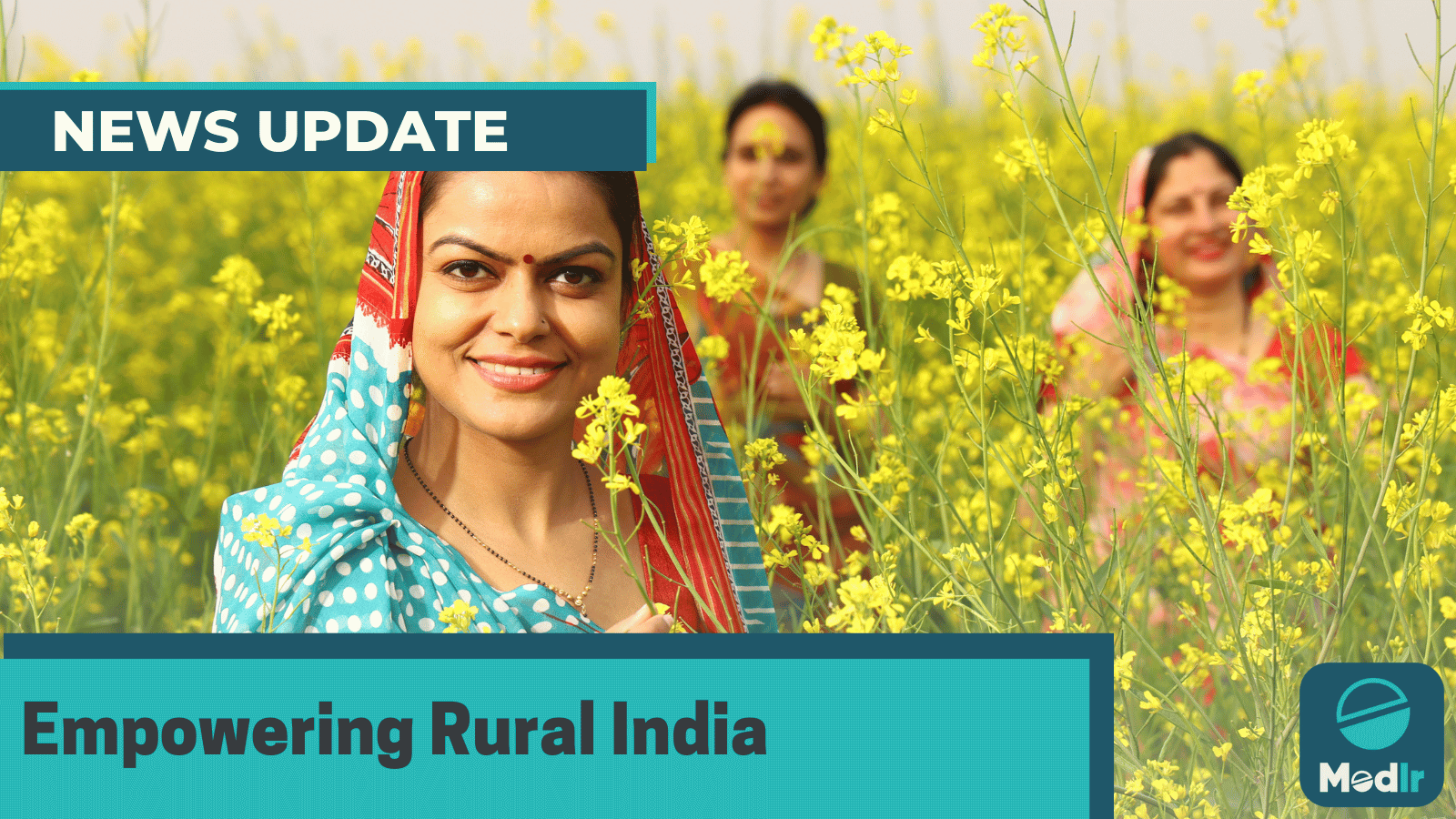Empowering Rural India
Written by Jaskiran Walia, Arushi Sharma
The journey of Empowering Rural India is a transformative endeavor aimed at uplifting communities and creating a sustainable impact. Through innovative programs spanning education, healthcare, infrastructure, and more, we are committed to driving positive change in the lives of rural residents.

Rural India has changed dramatically. Previously, city and village people had distinct ambitions, but thanks to the media, even rural people today strive as high as city ones.
India is now respected across the world, having progressed from gradual to tremendous growth. We cannot, however, sustain our achievements unless we comprehend the desires of rural people.
We must connect with the ambitions of rural India in order to help it flourish. Aid providers, governments, and corporations must all pitch in. If we don't, it would be difficult to assist rural India progress.
A while ago, my colleagues and I met a village woman who benefitted from a work plan. We asked her what else she aimed for. She said, “I want my children to be like you. I have a mobile phone. I have the basics. But if you’re not finding a way of helping me generate Rs 50,000 a month, I’m not bothered in talking with you.”
This problem has several components, including policy, politics, and execution. The classic giver-taker-donor mentality is no longer applicable.
Rural Indians think, “I know what I need and if you can’t help stay out of the way.”
Interventions historically focused on specific expertise like health, education, and livelihood. In pursuing hyper-specialization, we often overlook the beneficiaries’ perspective. For example, Tamil Nadu’s school-building efforts weren’t enough; adding mid-day meals and bicycles boosted enrollment.
As witnessed with laptop distribution for digital literacy, education requires many interventions for success. A multidimensional strategy is essential for poverty reduction, as isolated initiatives, such as the Swachh Bharat Mission's influence on cleanliness, overlook the overall picture.
Successful models in industries, politics, and collaborative epics like Ramayana teach us lessons. Facilitating solutions, not imposing them, respects local knowledge.
India’s diversity demands diverse approaches for transformation. Execution matters more than ideas. Trust-building is crucial yet challenging due to vested interests.